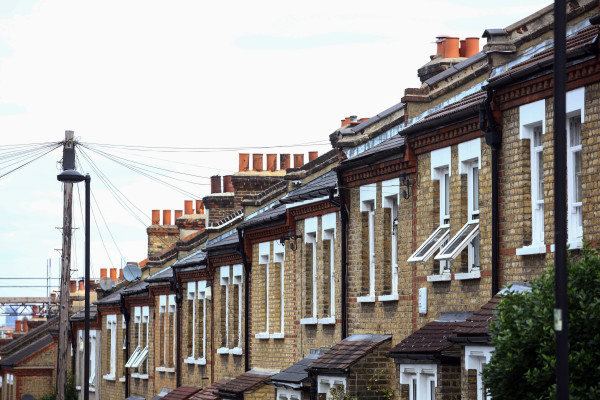

The number of residential property transactions increased by 6.8 per cent since last year.
According to the latest figures from HM Revenue & Customs, published today (April 24), the provisional seasonally adjusted count of homes being bought and sold in March 2019 was 6.8 per cent up on March 2018.
The same data showed the number of homes transferred in March 2019 increased by 1.4 per cent on the previous month, rising to 101,830.
The non-residential property market fared even better as the number of transactions increased for the second consecutive month in March, up 8.9 per cent on February 2019 to 11,210.
This was 9.7 per cent higher than the same month in 2018.
Adrian Moloney, sales director at OneSavings Bank, said: “Despite ongoing uncertainty, the latest figures from HMRC show a slight increase in transactional activity.
“The number of first time buyers getting onto the ladder, for example, has seen an uptick in recent months according to recent UK Finance data. As uncertainty continues to be the order of the day, prospective buyers will be understandably cautious.
“But, with ONS data showing house price growth at a six year low, there could be an opportunity to pick up some good deals.”
Kevin Roberts, director at Legal & General Mortgage Club agreed the housing market had remained stable despite political uncertainty.
Research from L&G showed more than two-thirds of the 2,000 homeowners they surveyed, who were looking to buy or sell in the next six months, said the prospect of Brexit had no impact on their plans and only 12 per cent said political uncertainty had delayed their decision to sell.
Mr Roberts added: “While existing homeowners remain largely undeterred by the current political climate it’s clear there are still other barriers preventing people from achieving their homeownership goals.
“The continued support we’ve seen from the government to help those lower down the housing ladder is to be welcomed, but if we are to increase property transactions, this means helping those at the other end too.
“A stamp duty holiday for ‘last-time buyers’, for example, would enable these borrowers to move to more suitable accommodation — whether that be a two-bed bungalow or retirement village, freeing up larger homes often in school catchment areas for growing families.”
imogen.tew@ft.com



